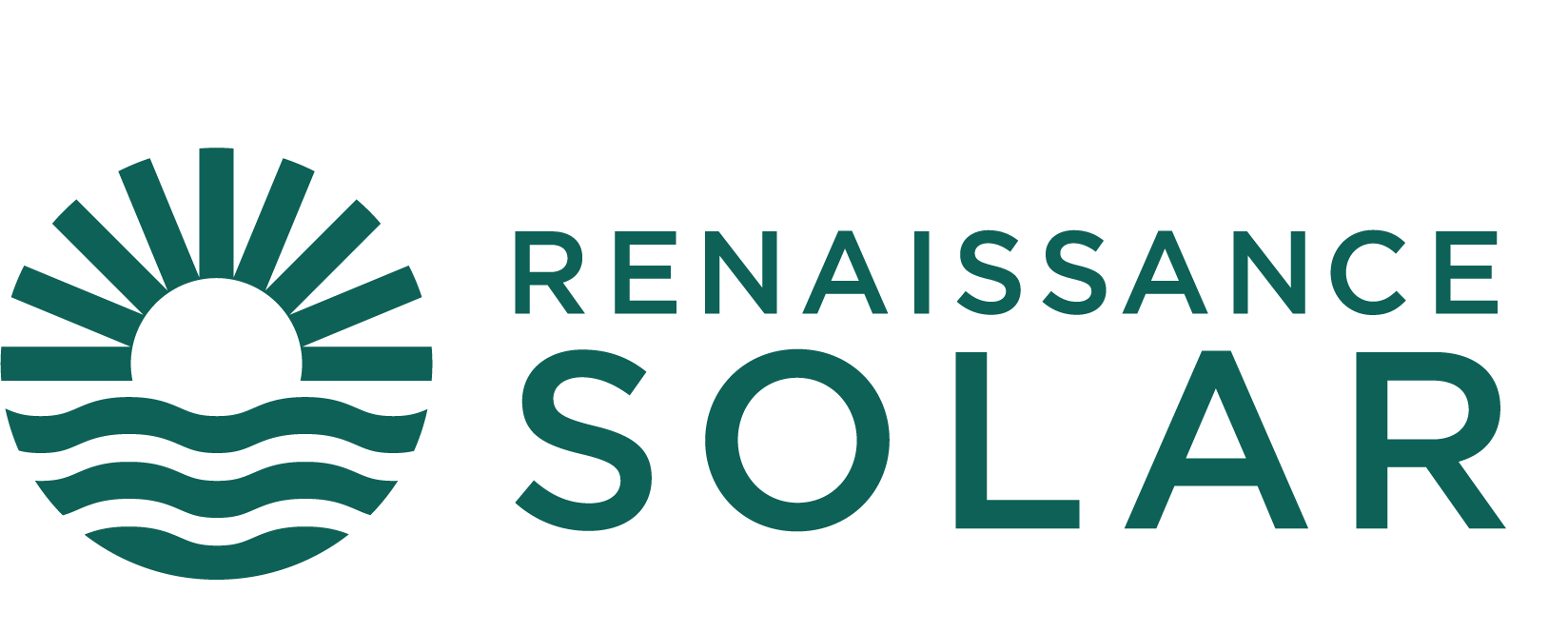Due to the growing demand for renewable energy sources, the solar industry has grown by almost 50% over the past decade.
To convert solar energy into electricity, solar panels are constructed from individual solar cells made up of silicon, boron, and phosphorus layers, each of which collects solar energy from the sun. Silicon wafers act as a semiconductor and provide the positive charge, the negative charge, and the phosphorus layer.
A solar panel generates usable electricity when the sun’s photons strike the surface of the panel. The photons knock electrons out of the silicon “sandwich” and into the electric field generated by the solar cells.
Types of Solar Panels
- Monocrystalline solar panels. They are made from a single crystal of pure silicon that is cut into several thin wafers. In addition, since they are crafted of pure silicon, their dark black colour makes them easy to identify.
- Polycrystalline solar panels. The silicon fragments are melted and poured into square moulds, instead of being made from one silicon crystal.
- Passivated Emitter and Rear Cell (PERC) panels. The PERC solar panel improves upon the traditional monocrystalline solar cell by adding a passivation layer to the rear surface of the cell.
Which Type of Solar Panel Is Best?
As far as solar panel types are concerned, crystalline panels provide the highest level of efficiency. Monocrystalline panels have an efficiency rating of over 20%, while PERC panels perform at an even higher level of efficiency due to their passivation layer.
If you decide to install solar panels for your home or business, be sure to do your homework before choosing the right one. Solar panels are designed for long-term installation, which can last up to 25 years. If you need assistance finding the most suitable solar solution for your home or business, feel free to contact Renaissance Solar.
